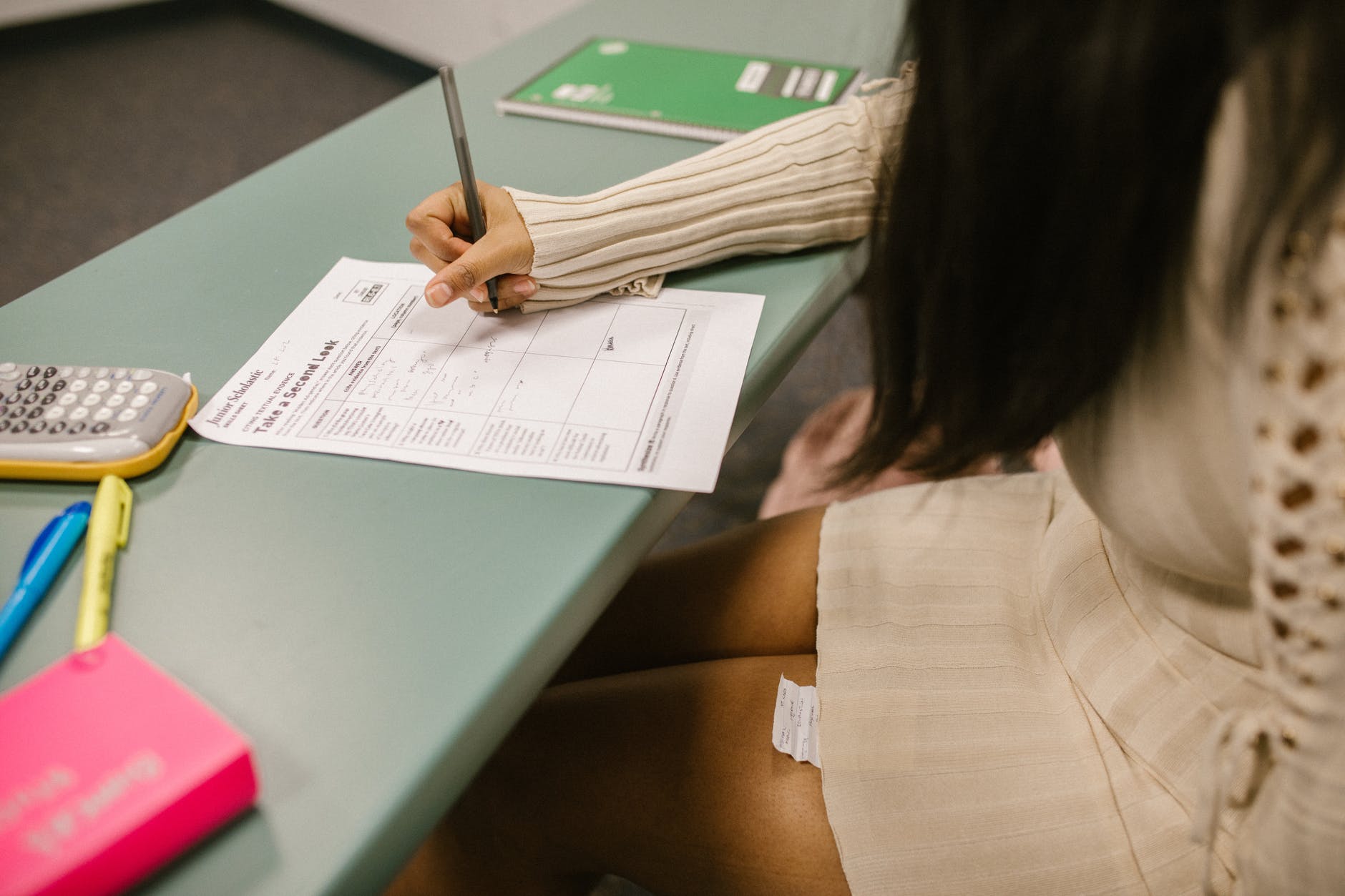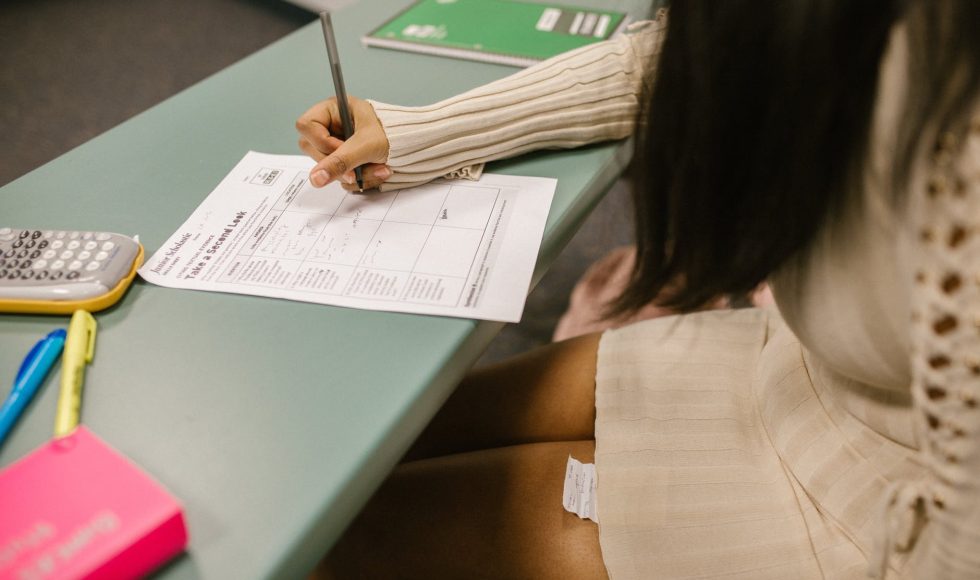What a fun day in the lab! I am also excited I get to work with the Libraries again! Tonight, we watched the session entitled “OER and Academic Integrity: A Path Forward” with David Harris is the Editor in Chief of Open Stax, Maureen O’Brien from Western Governors University, and C. Edward Watson, associate vice president at AACU. Watson was the first panelist to speak about how COVID-19 brought more attention to cheating by the media. A report by NPR cited by Watson reported about cheating on several campuses. Ewards helped bring together a panel of students from seven campuses in July 2021. Alarmingly, “cheating is no longer a task performed privately and in secret” and “online services make cheating easier than ever before.” Watson spoke about students reporting being able to get answers to difficult questions in fifteen minutes and then distributing them in “realtime to the entire class through tools like GroupMe.” In addition to new tools, Watson shared data from an AACU opinion poll and the top challenges were financial constraints, persistent inequities… Watson noted that issues of academic integrity were not perceived as a challenge. Watson also described “an erosion in the confidence in higher education” as evidenced by results from polls and the perceived value of the degree. On October 21-22, AACU did a two-day symposium on academic integrity. Harris spoke about top market issues for OER: DEI, improving the value of education, and affordability. For improving the value of education, Harris had on a slide “we need to further develop engaging learning experiences with authentic assessments.” Harris explained that issues of academic misconduct enhance inequity. Harris described OER playing a role in supporting students. While authentic assessments are often more difficult to evaluate, learning design can help students. O’Brien spoke about student-centered design with employer-defined competencies that are verified through assessments without seat time. They talked about the integrity cycle: educate prevent, detect, and return to educate. Western Governors University (WGU) works to improve educational integrity through orientation, student handbook, honor code sign-off before every submission, and clarifying expectations. WGU detection efforts include web crawling to check for item exposure, legal takedown of WGU intellectual properties, psychometric analysis of questions. O’Brien emphasized education. O’Brien mentioned protecting the value of the WGU degree and how when students help each other understand what is academic dishonesty is gratifying. Watson suggested during the discussion segment of the panel that rethinking assessments and maybe changing larger/longer exams to shorter more frequent quizzes aligns with the “testing effect” and research. O’Brien talked about the issue of plagiarism checkers and invasion of privacy and creating a culture of integrity: “part of the education is helping people understand proper ways of giving credit.” O’Brien stressed that transparency is critical: telling students what is expected and when work is collaborative. Watson mentioned that “every assessment is an act of pedagogy,” a consideration I had not thought about. Harris spoke about the challenge in messaging: telling students about academic integrity may be infrequent compared to peer and commercial messaging about sharing and gaining access to information. Harris concluded the session by mentioning that OER and openness can help raise awareness and promote different assessments. O’Brien called for motivating and educating. There were several great phrases and thoughts in this session. While the topic is certainly important, challenging, and controversial, it is also an opportunity to learn from each other by sharing appropriately and creating the culture of scholars we desire.



